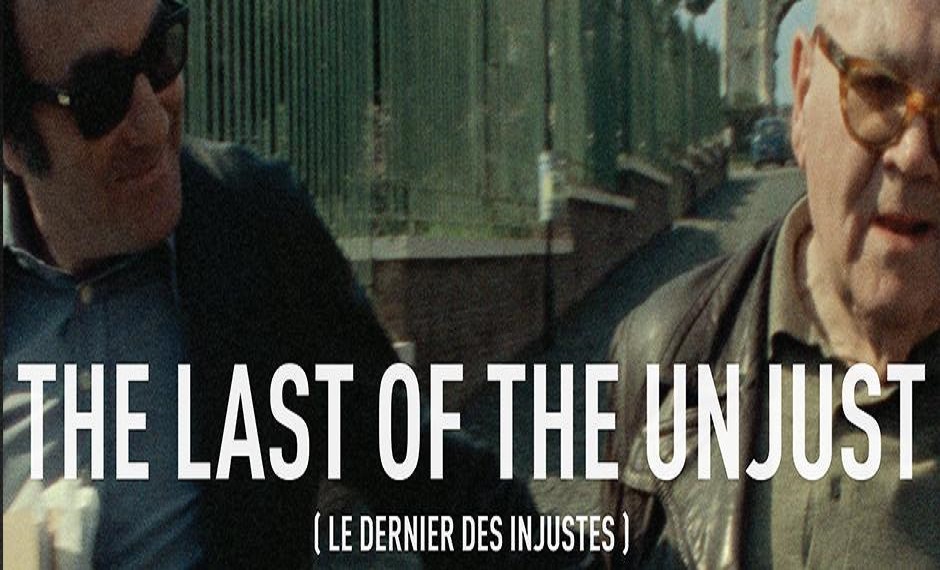“Madagascar, Nisko, Theresienstadt, Auschwitz.” On the Visibility of Sites in Claude Lanzmann’s The Last of the Unjust (2013)
DOI:
https://doi.org/10.17892/app.2016.0003.49Keywords:
Claude Lanzmann, Benjamin Murmelstein, Bohušovice, Theresienstadt, Rome, Jerusalem, Vienna, Nisko, Madagascar, Prague, Ghetto, oral history, Holocaust, Holocaust survivor, Judenrat, propaganda, narrative time, performativity, ethics, fictionAbstract
Claude Lanzmann's documentary film The Last of the Unjust (2013) addresses philosophical and ethical aspects of survival in the Theresienstadt ghetto under the last Jewish Elder, Benjamin Murmelstein (1906-89). Not only was he instrumental in the embellishment of the city but he was also responsible for encouraging a specific cinematic visibility of the ghetto dwellers. Lanzmann portrayed Murmelstein as director of a theatrical performance in which ghetto inhabitants performed their lives. The propaganda strategies of the Nazis were used by Murmelstein to create a fake image which would nevertheless – by sheer visibility and the meta level introduced – give rise to the hope of survival: Being seen is being alive. The author shows how Lanzmann's film reveals Murmelstein's combination of logic and pragmaticism leading to a Realpolitik of the Theresienstadt Judenrat in the last phase of the Holocaust. Lanzmann draws upon material shot for but not included into his film Shoah (1985). In retrospect he opens the old interview to new questions about the antinomies of surviving the Holocaust and the role of fiction. The film takes on the character of a double-portrait of the two men who reflect about the range of action under the condition of extreme repression.
Downloads
Published
29-10-2016
How to Cite
Koch, Gertrud. 2016. “‘Madagascar, Nisko, Theresienstadt, Auschwitz.’ On the Visibility of Sites in Claude Lanzmann’s The Last of the Unjust (2013)”. Apparatus. Film, Media and Digital Cultures of Central and Eastern Europe, no. 2-3 (October). https://doi.org/10.17892/app.2016.0003.49.
Issue
Section
Articles
License
Copyright (c) 2016 Apparatus, Gertrud Koch

This work is licensed under a Creative Commons Attribution 4.0 International License.
The articles in Apparatus are published under https://creativecommons.org/licenses/by/4.0/ This license does not apply to the media referenced, which are subject to the individual rights owner's terms.
The authors hold the copyright without restrictions and retain publishing rights without restrictions.





